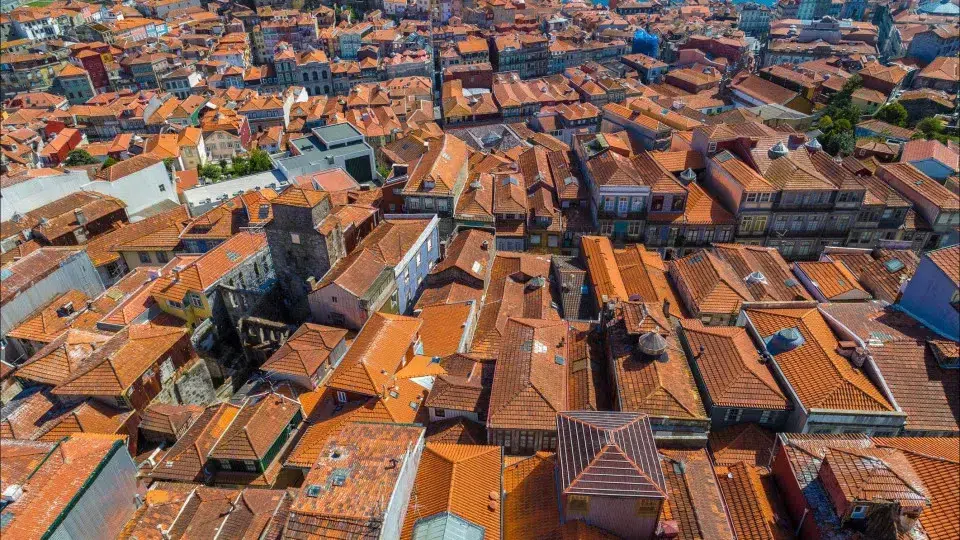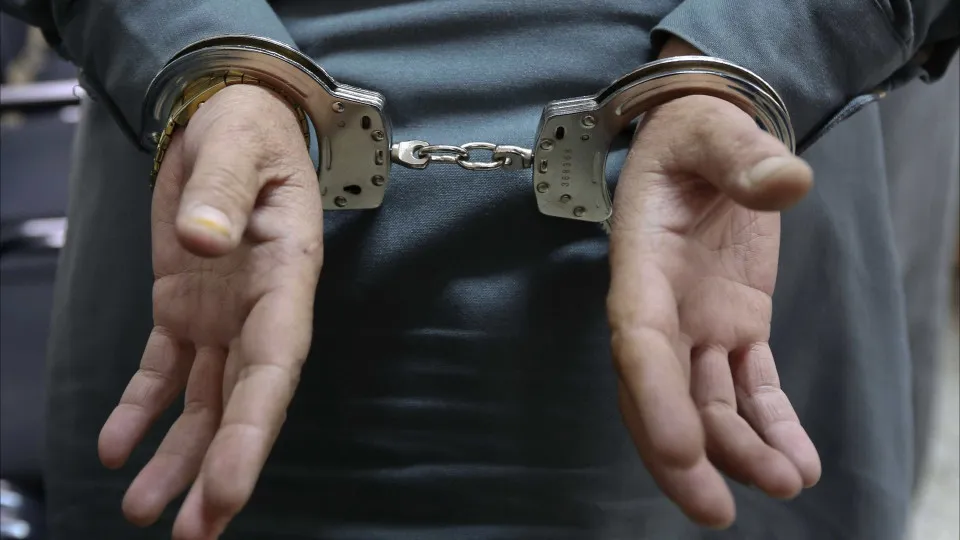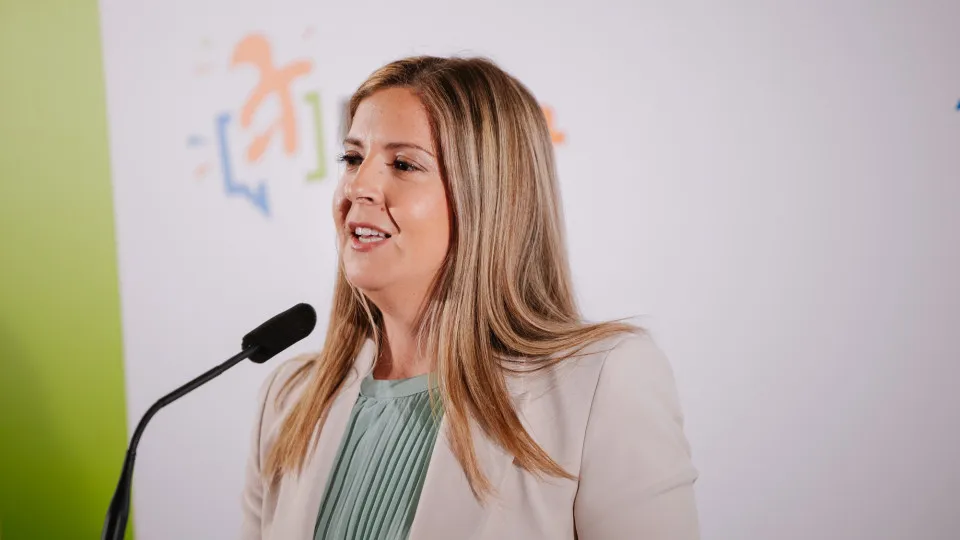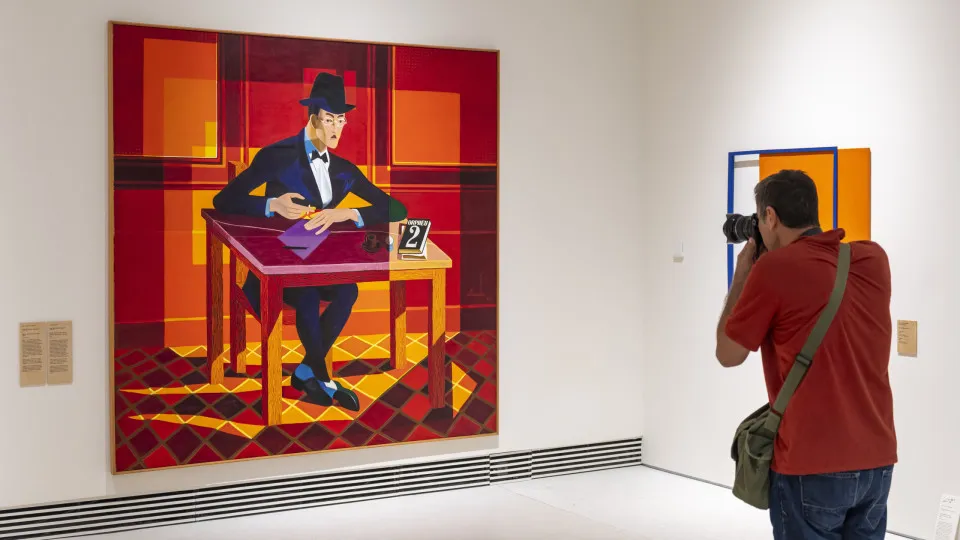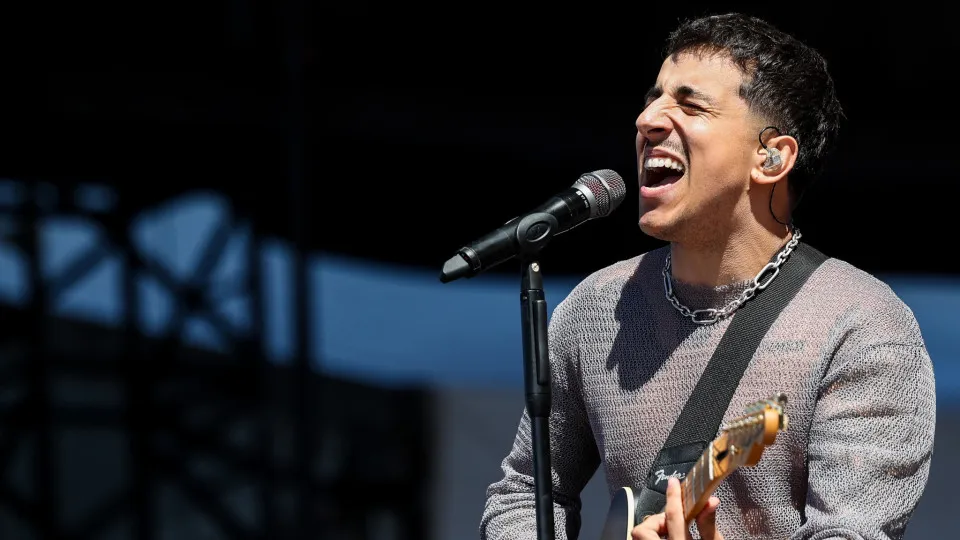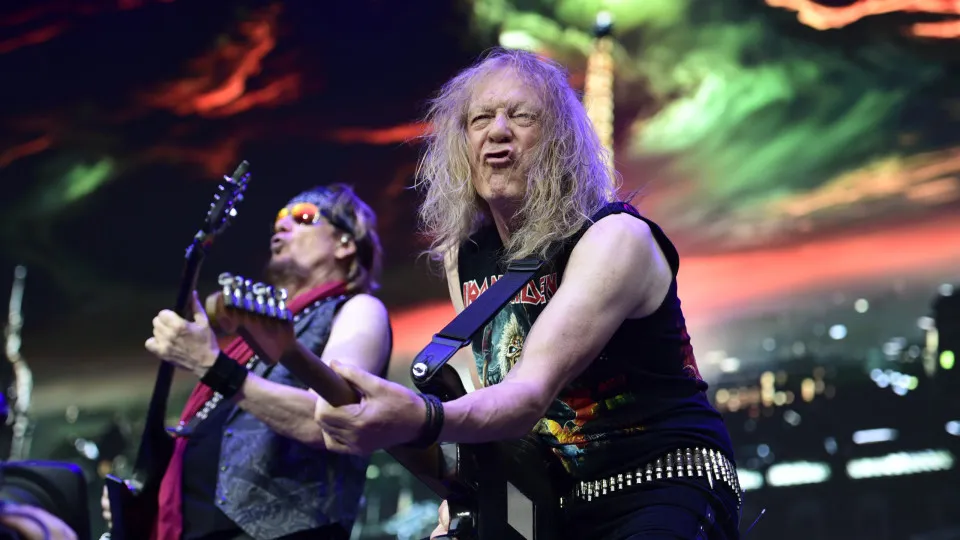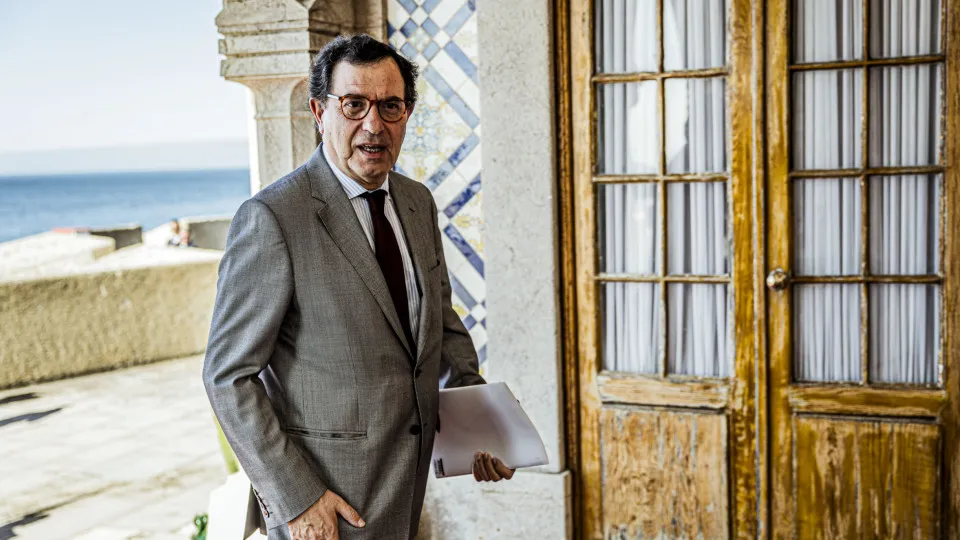Manuel Alegre’s book “Memórias minhas” (My Memories) is a work in which the historic socialist recalls seven decades of his voice in defense of freedom, against political absolutism, especially against the Salazar dictatorship.
Manuel Alegre will publicly present his latest book, “Memórias minhas”, on the 15th at the Calouste Gulbenkian Foundation in Lisbon, at a session that will include speeches by former ministers Jaime Gama and Guilherme d’Oliveira Martins, and Isabel Soares, daughter of the first leader of the PS and former President of the Republic Mário Soares.
“I’m almost always asked why, as a poet, I got involved in politics. I answer: That’s why,” he explains in his memoir, which is more detailed about his life before April 25, 1974 than about the period after the stabilization of democracy in Portugal.
He tells us, for example, how some of his most famous poems, such as “Trova do vento que passa”, came from his “soul”.
In 1964, in Coimbra’s Praça da República, after returning from the colonial war in Angola, he was being “chased by two thugs” while walking with Adriano Correia de Oliveira. He then had “an instinctive feeling” that “came out of his gut”:
“Even on the saddest night / in times of servitude / there’s always someone who resists / there’s always someone who says no”.
He came home and wrote the poem “in a flash”.
In “Memórias minhas”, he goes back to the beginning of the 19th century to tell how his great-great-grandfather, Francisco da Silva Melo Soares, the future Viscount of Barreiro, was involved in a failed conspiracy against the absolutist regime and then managed to escape to Brazil. His great-great-grandfather’s brother, Clemente, was caught by the miguelists and beheaded in Porto.
“I have tried to be faithful to this heritage. Perhaps it will help me better understand my opposition to all forms of absolutism and dictatorship,” says the honorary president of the PS.
Born in Águeda, in the district of Aveiro, and now 87 years old, Manuel Alegre excelled in swimming during his youth and lived for a year in Lisbon when his parents were separated.
“I would take the streetcar to Campo Grande, buy a ticket and go to see Sporting’s Five Violins at the old Lumiar Stadium. I was from Académica, I had sympathy for Benfica, but for the sheer pleasure of soccer I liked watching that team play,” he says.
He started “writing” verses when he was in the fourth year of high school, at a time when he moved to Porto, with his parents back together. He won a flower game competition with a love sonnet, “so intense” that the priest, who taught religion and morals, thought it appropriate to warn him: “Excessive love leaves no room for the divine”.
Back in the 1950s, he arrived in Coimbra for his final years of high school before going to university. “It’s not a dream, I’m here, I’m watching them, I’m in Coimbra, this is my city, my Académica.”
An average law student, he didn’t like his classes. He joined the TEUC (Students’ Theater of the University of Coimbra). “In the meantime, there was a day that changed our lives: Humberto Delgado’s arrival in Coimbra on May 31, 1958. Some of us cried with emotion.”
He joined the PCP in 1961. José António da Ponte Fernandes, “Buda”, as he was known, came to you with a mysterious air and told you that you had to join the PCP. “I told him I didn’t want to be a member of any party”.
“You already are,” he said, looking very upset.
“That one now? I don’t know anything.” “You already are,” he repeated. “You already are and you can’t back down.” The controller at the time was Silva Marques, the future parliamentary leader of the PSD.
Manuel Alegre did his military service in the Azores and was then mobilized to Angola in July 1962.
“The first time I stayed in Nambuangongo, I slept in António Arnaut’s room, which had a quote from Fidel Castro and another from John XXIII on the wall. The commander wanted him to erase the one about Fidel, but Arnaut replied: I can’t, otherwise I’ll have to erase the other one and I’m not going to do that to the Pope.”
Fidel’s phrase was “neither freedom without bread, nor bread without freedom”. Alegre says he had a long conversation with Arnaut about the meaning of this phrase. “And I think it was the first time we talked about socialism in freedom, a concept that the PS would take on in 1974.”
In Angola, he was arrested on April 17, 1963. “The worst memory I have of my stay in cell C of the PIDE prison in Luanda is the screams of the African prisoners who were tortured at night. They still torment me today,” he says.
Manuel Alegre returned to Lisbon in November 1963. This was followed by a brief stay in Coimbra and a decade-long exile in Algiers, where he met Agostinho Neto, Amílcar Cabral and Álvaro Cunhal, among others. “Nobody ever returns from a long exile. The part of us that stayed there is missing. And the part that has spread around the world,” he writes in his book.
At the end of the 1960s, he left the PCP. “I was waiting for the PCP to condemn the invasion of Czechoslovakia, but what came was justification and approval. Something broke inside me then.” He quotes Piteira Santos: “I know what Marxism is and I know what Leninism is. Marxism plus Leninism is an invention of Stalin’s”.
Manuel Alegre joined the PS only at the end of 1974. At the PS congress in December 1974, Mário Soares was in danger of being defeated internally by Manuel Serra. Manuel Alegre gave a speech defending the model of society advocated by Soares, “the room rose to its feet and everything changed”.
António Guterres, a young man with a smooth moustache, went up to him and said: “That’s what it’s like, joining the party the day before and winning the congress the day after.”
As a PS leader, Alegre recalls his second major political battle, at the forefront of preparing “gigantic rallies” at the Antas Stadium in Porto and in Alameda, Lisbon, against PREC (the ongoing revolutionary process).
He highlights as his worst memory his time in Mário Soares’ First Constitutional Government as Secretary of State for the Media, at a time of economic crisis. “I became the face and voice of the end of the party”.
He tells a little-known story about Soares’ first government.
“Mário Soares had received Álvaro Cunhal at around seven o’clock in the evening, the interview went on and on, it never ended, nobody had the courage to interrupt. I opened the door and found the two of them sitting in front of the television. They were happily watching Gabriela, Clove and Cinnamon, the soap opera that was in itself a cultural revolution.”

